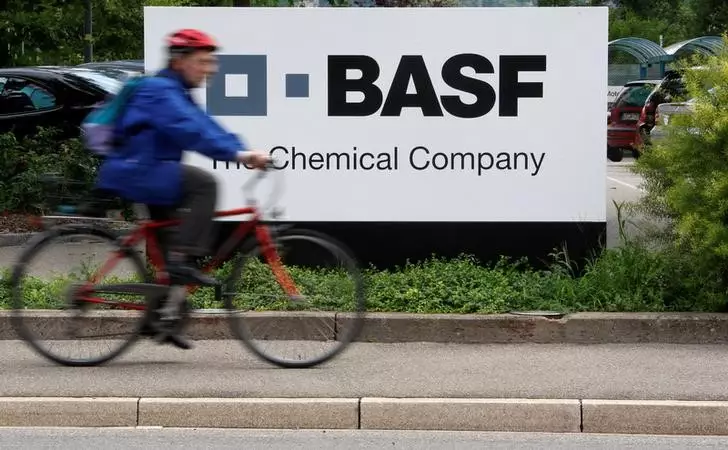BASF, a leader in the chemical industry, has recently reported concerning preliminary figures for 2024 that have left investors skeptical about the company’s immediate future. As the company faces a notable drop in earnings projections, various financial analysts are reassessing their expectations for the firm. Initially predicted earnings before interest and taxes (EBIT) were forecasted at approximately €3.2 billion; however, new estimates suggest a significantly lower figure of around €2 billion. This discrepancy, compounded by various impairments and extensive restructuring costs, marks a pivotal moment for BASF as it navigates a challenging market landscape.
One of the primary factors contributing to BASF’s dwindling earnings is the substantial non-cash impairment reported in its battery materials sector, within the Surface Technologies division. The company has acknowledged impairments totaling €1.9 billion, indicative of its ongoing struggle to realign business strategies to meet ever-evolving market demands. The restructuring measures that are being implemented across the company’s various segments appear to be a necessary, yet painful, process to stabilize their finances.
In addition to the impairments, BASF has reported a decline in its projected sales—a forecast of €65.3 billion for 2024 compared to €68.9 billion in 2023. This downturn can be attributed to a complex mix of factors, including adverse currency fluctuations and a decrease in product pricing, which overshadowed any minor increases in sales volumes.
While BASF’s performance in its core businesses has generally seen an upswing with some recovery in sales prices, these improvements have not been enough to counterbalance the adverse effects experienced, particularly in the Chemicals sector during the fourth quarter of 2024. Countering this trend, the Agricultural Solutions segment demonstrated resilience, achieving a marked increase in its overall contribution compared to the previous year’s performance. This juxtaposition of sector performances illustrates the varied challenges and opportunities within BASF’s multifaceted operations.
Interestingly, BASF’s projected free cash flow of €0.7 billion, while lower than the previous year’s €2.7 billion, does surpass some analyst expectations. This has sparked a cautious sense of optimism among investors, even as uncertainties loom regarding net income figures for 2024, especially concerning contributions from at-equity participations.
In summation, while BASF is grappling with significant financial hurdles due to impairments and restructuring initiatives, the company remains optimistic in not only exceeding last year’s income projections of €225 million but also in overcoming initial analyst consensus anticipations. The road ahead is laden with potential risks, but BASF’s capacity to adapt and respond to changing market conditions will be integral in navigating these turbulent waters. As the company embarks on restructuring, stakeholders will closely monitor forthcoming developments to gauge the effectiveness of these strategic shifts.

